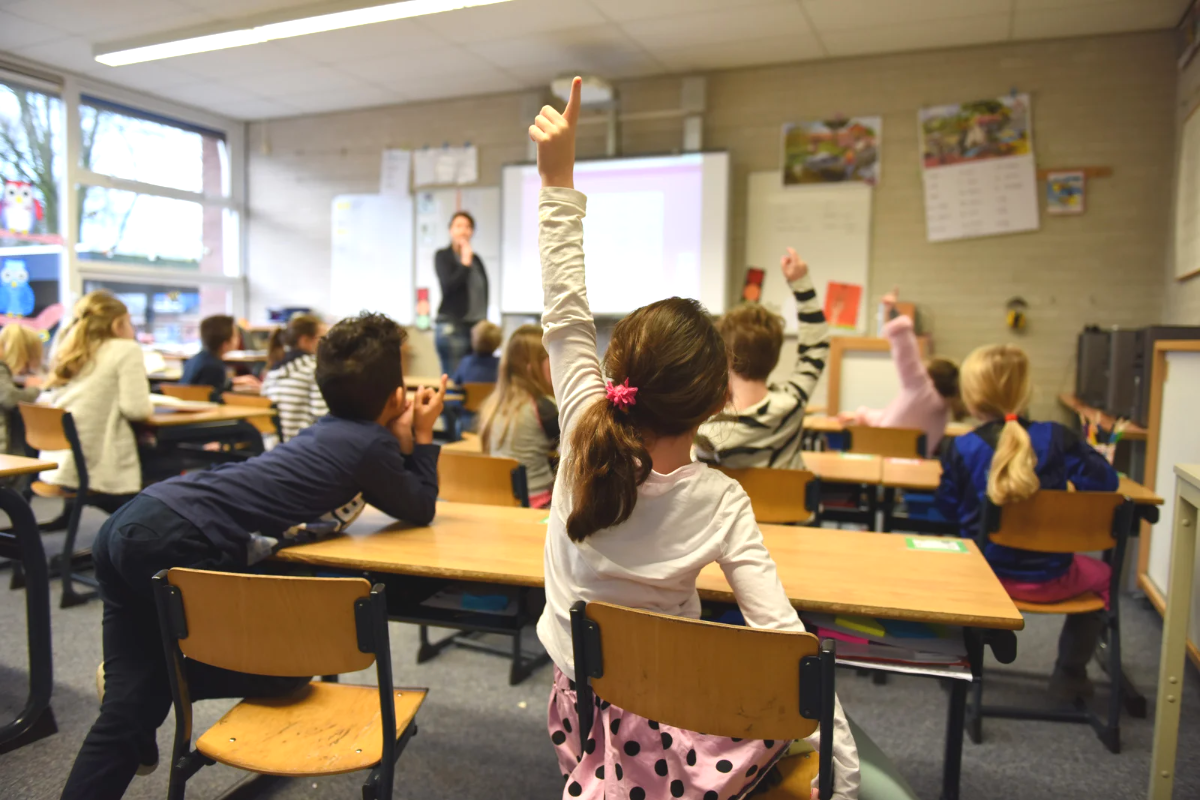
More government cash has been earmarked to help with education in the Scarborough Borough.
A new scheme is going to bring one million pounds of government cash into education in the Scarborough Borough.
The area had benefited from what was called an Opportunity Area, over the last five years - it provided extra resources to tackle education challenges in the borough.
That scheme has now ended but Amanda Newbold - the Director of Education and Skills at the county council - says a replacement project has been announced.
The area was designated as a "priority education investment area" earlier in the year.
The County Council's Director for Education and Skills, Amanda Newbold, says they now know how much money has been allocated.
The government plan published in February identified 55 cold spots of the country where school outcomes are the weakest, and promised to target investment, support and action that help children from all backgrounds and areas to succeed at the very highest levels. The areas include Rochdale, the Isle of Wight, Walsall, parts of Yorkshire and Sunderland. 95% of the areas are outside London and the South East.
In these new ‘Education Investment Areas’, the Department for Education said it will
"offer retention payments to help schools keep the best teachers in the highest priority subjects. These areas will be prioritised as the location for new specialist sixth-form free schools where there is limited provision to ensure talented children from disadvantaged backgrounds have access to the highest standard of education this country offers.
Schools in these areas that have been judged less than Good in successive Ofsted inspections could be moved into strong multi-academy trusts, to attract more support and the best teachers."
The paper set a new national mission to ensure that
"90% of children leaving primary school in England are reaching the expected standard in reading, writing, and maths by 2030."
In 2019, just 65% of pupils met all 3 standards, with the proportion substantially varying across the country.




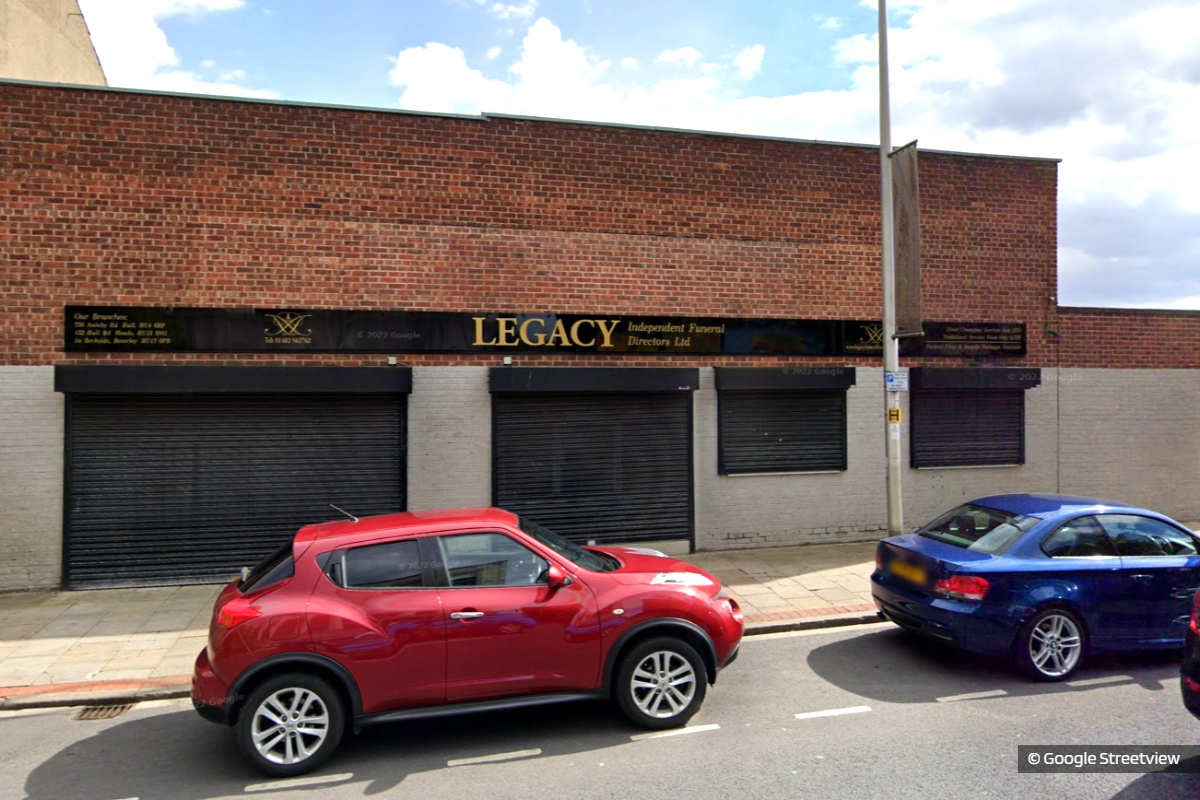 Man Charged in Legacy Independent Funeral Directors Investigation
Man Charged in Legacy Independent Funeral Directors Investigation
 Mayor Says Half Hourly Trains to Scarborough ‘Moving in the Right Direction’
Mayor Says Half Hourly Trains to Scarborough ‘Moving in the Right Direction’
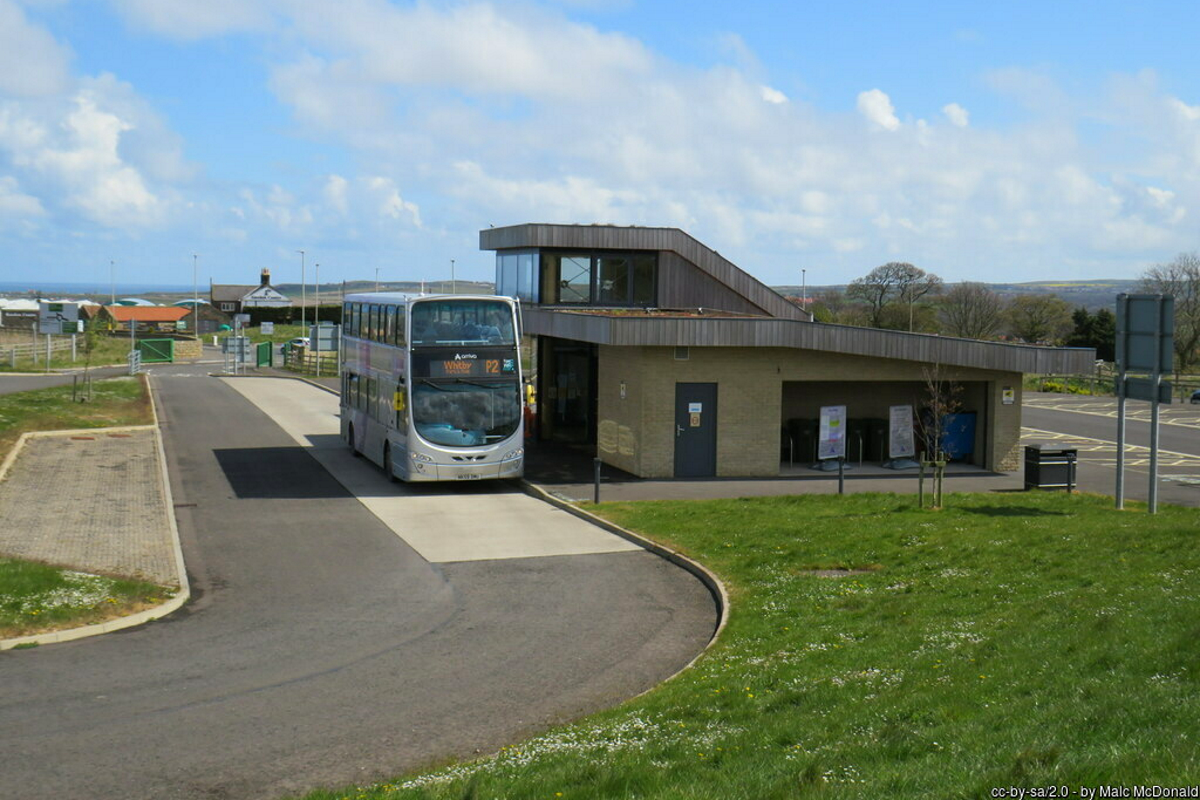 Park and Ride Services in Scarborough and Whitby Set to Reopen This Weekend
Park and Ride Services in Scarborough and Whitby Set to Reopen This Weekend
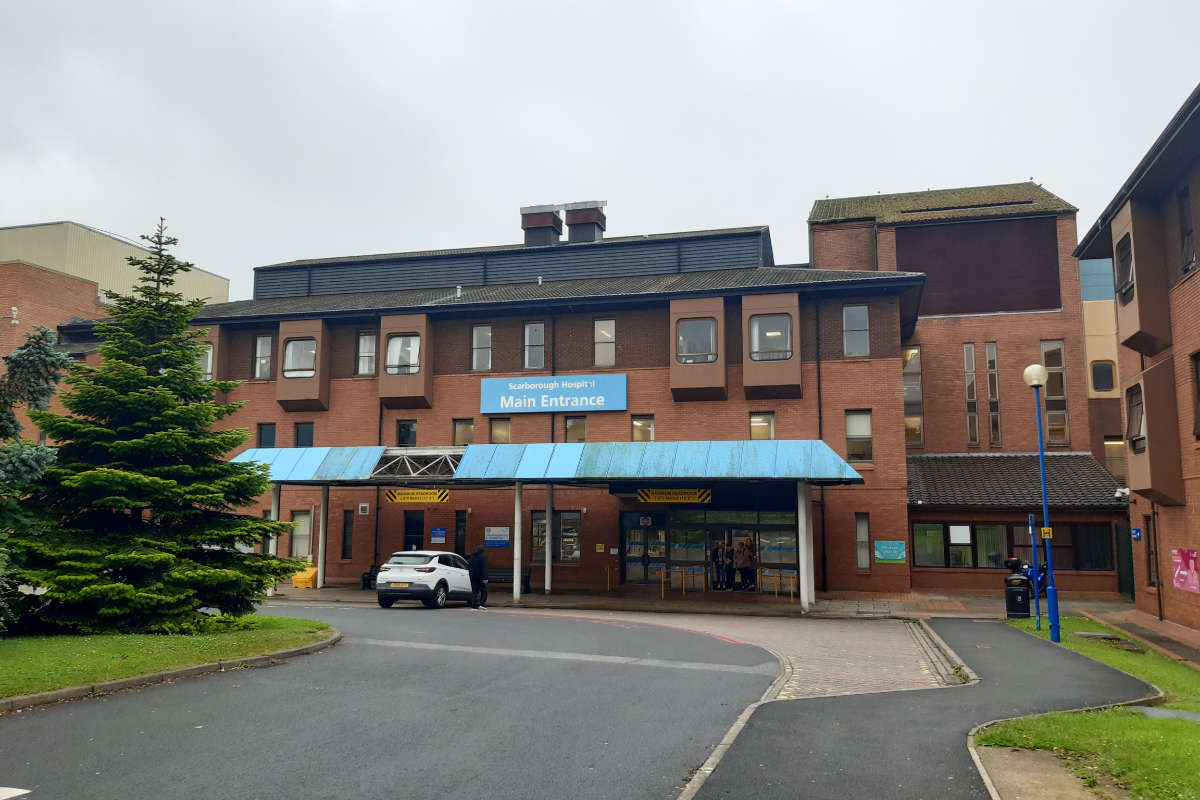 Efforts Underway to Tackle High Missed Appointment Rates at Scarborough Hospital
Efforts Underway to Tackle High Missed Appointment Rates at Scarborough Hospital
 MP Welcomes Investments in Scarborough and Whitby
MP Welcomes Investments in Scarborough and Whitby
 Scarborough to Benefit from New Flood Defence Investments
Scarborough to Benefit from New Flood Defence Investments
 Esk Valley Residents Attend Westminster Summit on Smart Meter Issues
Esk Valley Residents Attend Westminster Summit on Smart Meter Issues
 Mayor Outlines Vision for the Future of Buses in North Yorkshire
Mayor Outlines Vision for the Future of Buses in North Yorkshire
 Support for Whitby Restaurant Plan in Former Bank Building
Support for Whitby Restaurant Plan in Former Bank Building
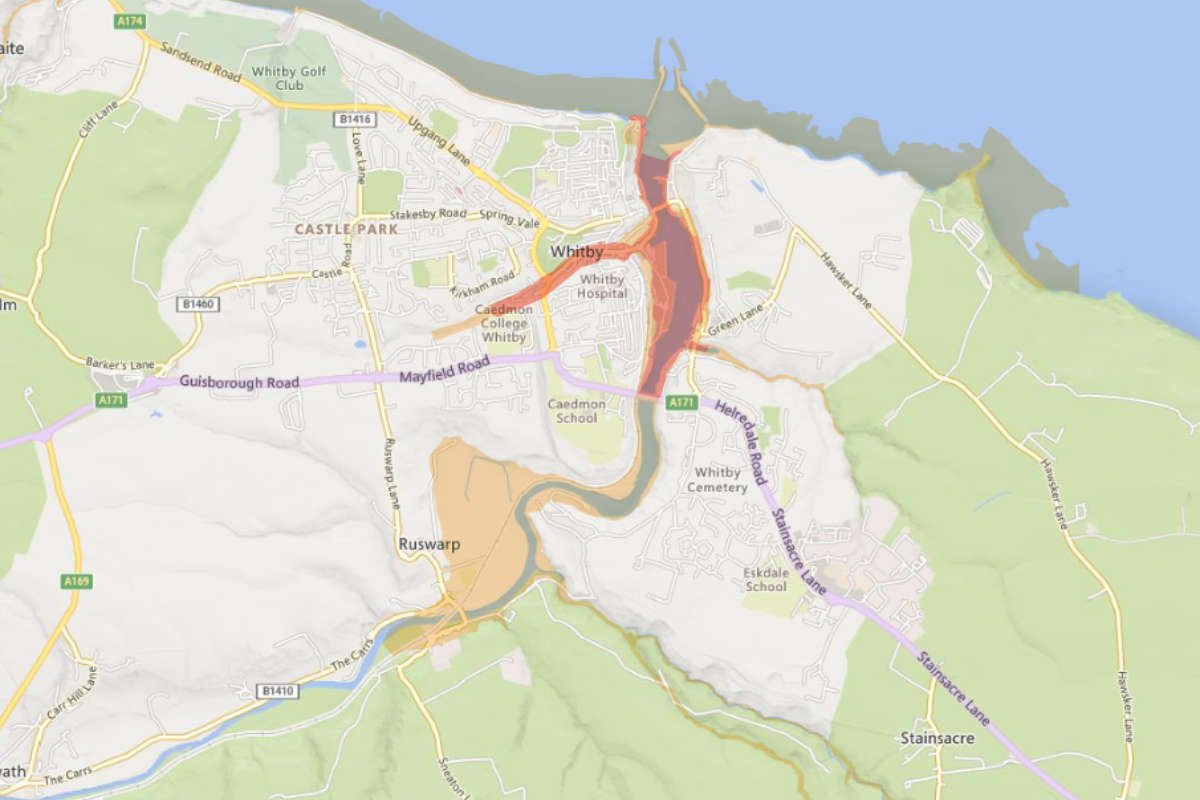 "Act Now" FLOOD WARNINGS Issued For Whitby, Bridlington & Hornsea
"Act Now" FLOOD WARNINGS Issued For Whitby, Bridlington & Hornsea
 Scarborough Transport Charity Needs Help
Scarborough Transport Charity Needs Help
 Yorkshire Coast Holiday Park Benefits from Multimillion Pound Investment
Yorkshire Coast Holiday Park Benefits from Multimillion Pound Investment








Comments
Add a comment